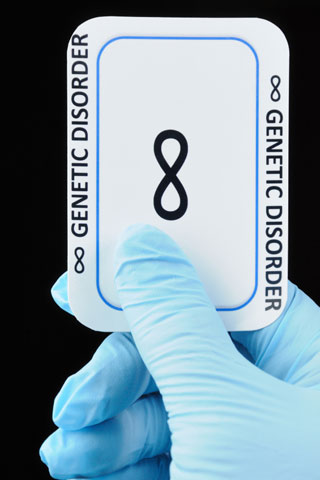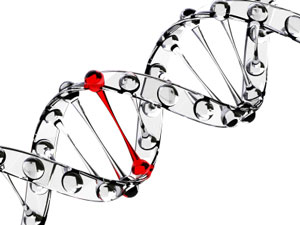Alpha Lipoic Acid Nutritional Support for Genetic Disorders

Research suggests that alpha lipoic acid could help treat genetic disorders involving metabolism. (ii.78)
These include:
| Disorder | Symptoms and Complications | Alpha Lipoic Acid Dosage or Recommendations |
|---|---|---|
|
Maple Syrup Urine Disease (ii.32) |
Combination of supplements of alpha lipoic acid, thiamine, riboflavin, and nicotinamide. (ii.78) |
|
|
Leigh Disease (ii.32) |
100 mg/day of alpha lipoic acid along with 3000 mg/day of thiamine (other beneficial vitamins include niacin, pantothenate, and riboflavin). (ii.32) |
|
|
Dihydrolipoamide Dehydrogenase Deficiency (ii.32) |
|
25-50 mg/day of alpha lipoic acid per kg of body weight. (ii.32) |
|
Glucose-6-Phosphate Dehydrogenase Deficiency (ii.80) 
|
|
In a clinical study, 600 mg/day of alpha lipoic acid increased natural antioxidant levels while reducing indicators of free radical damage in people with and without the disorder. However, this may be especially important since participants with glucose-6-phosphate dehydrogenase deficiency had lower antioxidant levels than those without the disorder. (ii.80) |
|
Fanconi Anemia (ii.47) |
|
Lab studies on cultures from patients with Fanconi Anemia showed that treatment with alpha lipoic acid, with and without N-acetylcysteine, reduces the amount of DNA damage that increases the risk of cancer. The combination of the two antioxidants worked better together than alone. (ii.47) |



